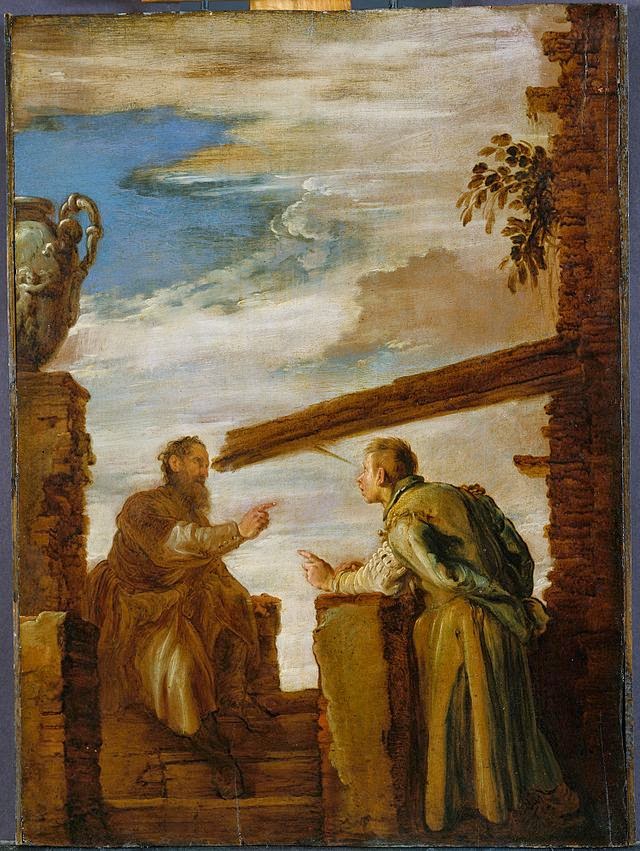Teaching Literature of Resistance, Part I

Why Literature of Resistance? Or, Who's Afraid of Pol Pot? Next spring, I'll be teaching a course I'm calling "Literature of Resistance" I'll be collaborating in a literature criticism course where we'll examine fiction and non-fiction examples of resistance -- critiquing the social/cultural kairos in which the work was framed, the author's intentions (if available), the literary/rhetorical moves made, the audience's reception, and any short-term or long-term effects of the literature. Currently, the authors' list includes Acosta, Frankl, Harriet Jacobs, Henry Thoreau, James Baldwin, Frederick Douglas, Mary Wollstonecraft, Jefferson, King, Atwood, Mandela, Chavez, Chief Joseph, and Malcolm X. Those are on the tentative syllabus, though I intend to introduce each of these in the first week and have students choose which authors they are most interested in, then prioritize our syllabus based on those conversations. Further, I'll ...

